Twenty years ago, I would have characterized my mind as a “worrying mind.”
I worried anytime Mark traveled. I worried anytime I was on a plane (fearing a crash).
I had middle-of-the-night worries about work: Am I prepared for class? How will I complete this seemingly endless to-do list? Will I get tenure?
My anxiety was limited to circling thoughts. I wasn’t yet aware of its impact on my body. I felt an overall dis-ease, yet couldn’t pinpoint specific sensations. But my body was keeping score—holding this sea of worry.
Eventually, I had an anxiety attack. It happened at night, an hour after I fell asleep. I awoke to a pounding, racing heart. My chest felt like it was going to explode. I was sweating, uncomfortable, and afraid for my life.
Things falling apart is what brought me to meditation. It’s what committed me to a path of mindfulness, awareness, and self-compassion.
Nothing changed overnight, but a great deal changed over many years. I no longer have a “worrying mind.” (This was a habit, not an unchangeable characteristic of my brain.)
I’m more body aware—aware of the connection between thoughts, emotions, and sensations. Sometimes I first feel fear in the body (at the solar plexus) before I realize what situation or circumstance created it.
Also, I no longer have anxiety attacks, though I experience anxiety most every day. I just relate to it differently, with more kindness and curiosity.
One of my biggest life lessons:
It’s far more exhausting to push away and resist fear than it is to feel it.
Once I had the inner-resources to stay embodied with fear and let it be present, I immediately felt some ease. There was great relief when I stopped rejected big parts of me and my experience.
This doesn’t mean I live every moment in ease, happiness, and bliss. But it does mean the difficult situations are a little less difficult.
It means that fear arises yet doesn’t overwhelm. And I no longer believe the untrue, unkind, unhelpful thoughts that accompany both fear and anxiety. I have an inward sense of enoughness.
Still, I remember those long-ago days very well. I felt ashamed and alone. I felt flawed—not in control of my body. I felt inauthentic—pretending I was okay when I wasn’t.
It’s important for all of us to remember: anxiety is natural; it’s part of being human; there is nothing wrong with it or with us.
Paradoxically, we must move toward the anxiety (bit by bit) to receive some relief. And me must do this with great kindness and compassion for ourselves.
Life is difficult. It’s easier when we have loving, supportive friends. And it’s even easier when we befriend ourselves in this same way.
I created a meditation to meet you when you’re in the midst of anxiety, big or small.
You’re not alone.
You’re human, real, vulnerable, beautiful, and brave.
Even if you don’t consider yourself a “meditation person,” you might benefit from this gentle guidance in times of anxiety…


